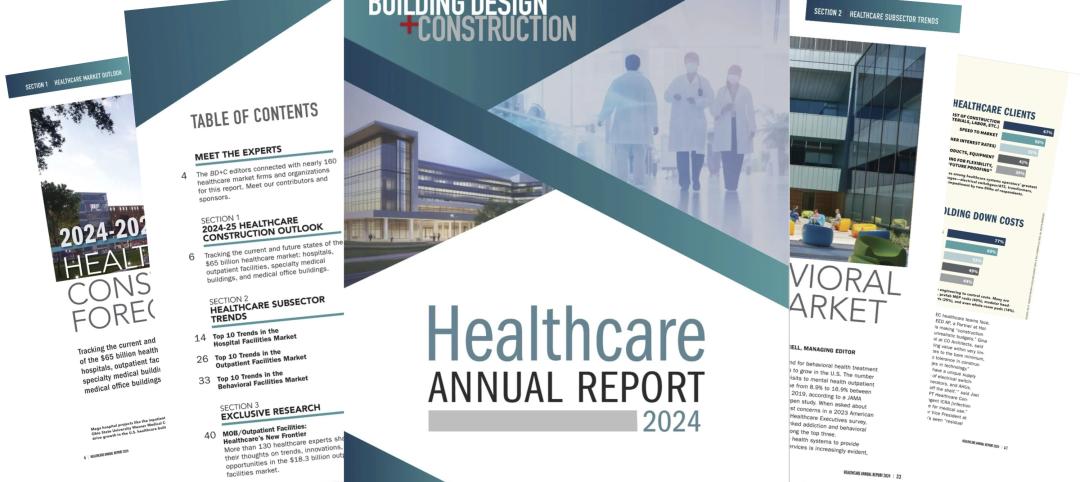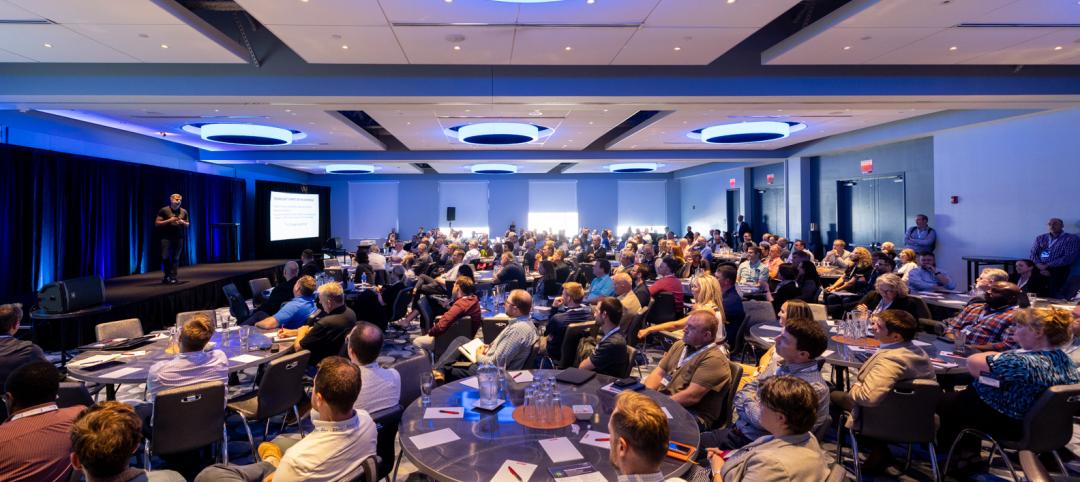Seattle, WA - The City of Seattle sent letters to more than 800 large commercial property owners and managers today informing them about a new citywide program designed to help owners and managers assess and improve building energy efficiency and spur the market for building energy retrofits.
“Seattle’s buildings provide one of the greatest opportunities to generate energy savings and boost economic development for the city. This new program will help building owners take a key step toward increasing building energy efficiency, which, in turn, helps lower operating costs, makes buildings more competitive and creates good local jobs,” said Department of Planning and Development Director Diane Sugimura.
According to the U.S. Department of Energy, buildings consume more than 70 percent of the electricity generated in the U.S. and could be made 30 to 50 percent more energy efficient with currently available products and services. But many property owners and managers don’t know how well or poorly their buildings use energy or how their building’s energy performance compares to similar buildings. Also, consumers have no way to compare the energy performance of buildings they hope to buy or rent.
Under the new program, all commercial and multifamily residential buildings larger than 10,000 sq. ft. will be measured or “benchmarked,” for their energy performance using the U.S. EPA’s ENERGY STAR Portfolio Manager. Building energy ratings will also be provided to the City and to prospective buyers, tenants and lenders upon request during real estate transactions. The program first applies this fall to nonresidential buildings 50,000 sq. ft. or larger and extends to both nonresidential and multifamily residential buildings 10,000 sq. ft. or larger next April 2012.
Energy benchmarking is becoming a common practice among many large property owners and managers working to lower building operating costs and make buildings more competitive on the real estate market.
Managers of the historic Dexter Horton building in downtown Seattle have been benchmarking and rating the building’s energy performance for several years.
“The more aware you are of your building’s energy use and work to rein in energy waste today, the better positioned you’ll be in the future as energy costs continue to rise. By benchmarking the Dexter Horton building and making energy efficiency improvements, we are able to compete with buildings that are 60 years younger,” said Andrea Benvenuto of CB Richard Ellis, the company that manages the building.
Numerous studies show that energy-efficient buildings - in particular those with green certifications - out-compete inefficient buildings in terms of higher rental and sales prices and building occupancy levels.
“Our clients are looking for energy-efficient buildings because they understand these properties cost less to own and operate, hold their value, and make for better and more productive working environments. Having access to building energy information helps prospective buyers and tenants find energy-efficient buildings and reduces their exposure to the risks of owning or leasing in a less efficient building,” said Dave Low, Director of Sustainability Practices, Kidder Mathews.
For more information about the program, see the City’s Energy Benchmarking and Reporting Ordinance or email: energybenchmarking@seattle.gov.
Related Stories
Codes and Standards | Jul 15, 2024
New York City code update changes definition of a major building
Changes affecting how construction projects in New York City are permitted will have significant impacts for contractors. On Dec. 11, the definition of a major building in the city’s code will change from 10 stories to seven, or 75 feet. The change will affect thousands more projects.
Adaptive Reuse | Jul 12, 2024
Detroit’s Michigan Central Station, centerpiece of innovation hub, opens
The recently opened Michigan Central Station in Detroit is the centerpiece of a 30-acre technology and cultural hub that will include development of urban transportation solutions. The six-year adaptive reuse project of the 640,000 sf historic station, created by the same architect as New York’s Grand Central Station, is the latest sign of a reinvigorating Detroit.
Healthcare Facilities | Jul 11, 2024
New download: BD+C's 2024 Healthcare Annual Report
Welcome to Building Design+Construction’s 2024 Healthcare Annual Report. This free 66-page special report is our first-ever “state of the state” update on the $65 billion healthcare construction sector.
Transit Facilities | Jul 10, 2024
Historic Fresno train depot to be renovated for California high speed rail station project
A long-shuttered rail station in Fresno, Calif., will be renovated to serve as the city’s high speed rail (HSR) station as part of the California High-Speed Rail Authority system, the nation’s first high speed rail project. California’s HSR system will eventually link more than 800 miles of rail, served by up to 24 stations.
Government Buildings | Jul 8, 2024
GSA adopts new accessibility guidelines for federal properties
The U.S. General Services Administration (GSA) adopted a new rule with new accessibility guidelines for federal buildings. The rule establishes that pedestrian facilities in the public right-of-way are readily accessible to and usable by people with disabilities.
Office Buildings | Jul 8, 2024
Office vacancy peak of 22% to 28% forecasted for 2026
The work from home trend will continue to put pressure on the office real estate market, with peak vacancy of between 22% and 28% in 2026, according to a forecast by Moody’s.
Green | Jul 8, 2024
Global green building alliance releases guide for $35 trillion investment to achieve net zero, meet global energy transition goals
The international alliance of UK-based Building Research Establishment (BRE), the Green Building Council of Australia (GBCA), the Singapore Green Building Council (SGBC), the U.S. Green Building Council (USGBC), and the Alliance HQE-GBC France developed the guide, Financing Transformation: A Guide to Green Building for Green Bonds and Green Loans, to strengthen global cooperation between the finance and real estate sectors.
Codes and Standards | Jul 8, 2024
New York State building code update would ban fossil fuels in new buildings
New York’s Building Code Council is set to include the All-Electric Buildings Act in its 2025 code update. The Act would ban natural gas and other fossil fuels in new buildings.
AEC Tech Innovation | Jul 4, 2024
Caution competes with inevitability at conference exploring artificial intelligence for design and construction
Hosted by PSMJ, AEC Innovate in Boston found an AEC industry anxiously at the threshold of change.
Building Team | Jul 3, 2024
So you want to get published: What’s next?
In the AEC industry, securing media attention is no longer a niche endeavor but an essential component of a holistic marketing strategy.
















